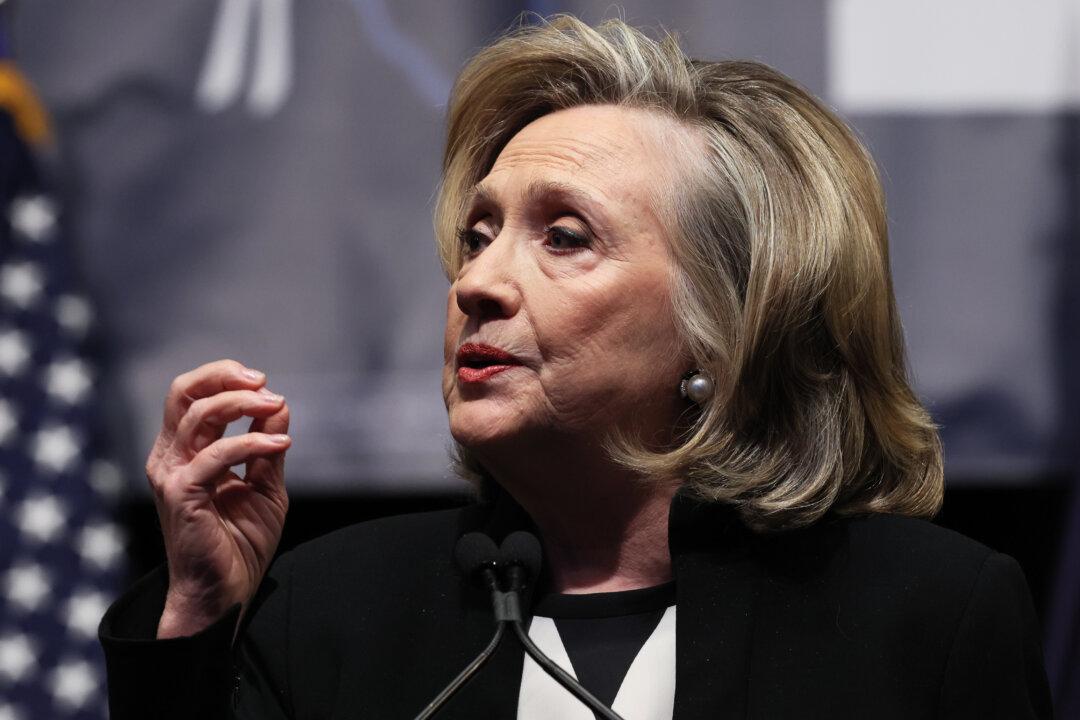WASHINGTON—The FBI lawyer who served as a conduit for flimsy allegations against Donald Trump said May 19 he would have acted differently if he knew Trump’s rival for the presidency, Hillary Clinton, was behind the claims.
James Baker, who now works for Twitter, said that he likely would not have have met with Michael Sussmann, who is accused of passing on data that allegedly linked Trump’s business to a Russian bank, if he knew Sussmann was acting on behalf of the Clinton campaign.






